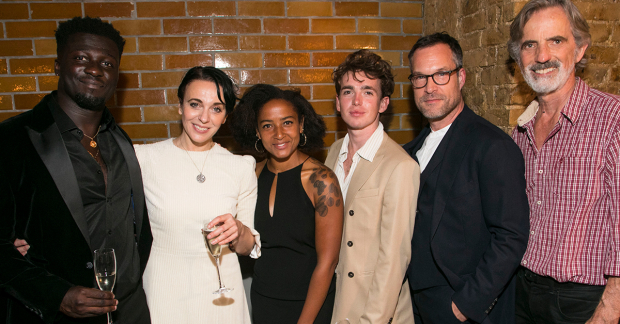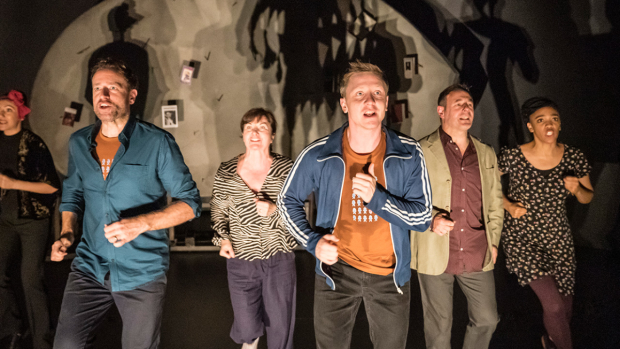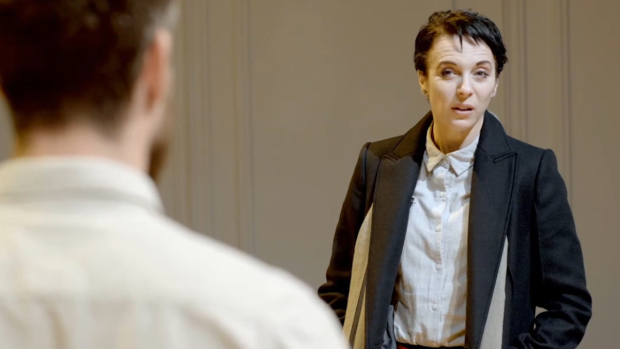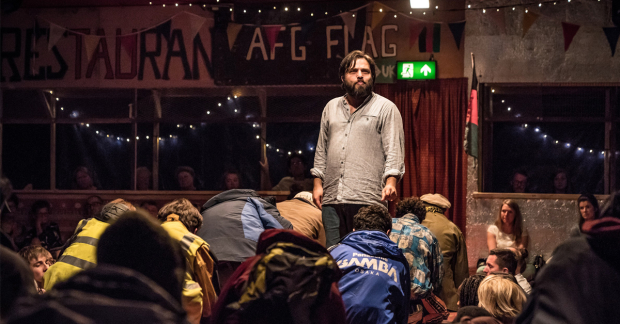Mental health on stage – who takes care of who?
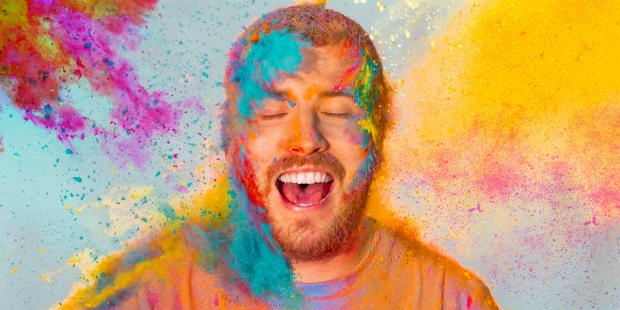
It was playwright Oscar Wilde who once famously espoused "Life imitates Art more than Art imitates Life." Regardless of how accurate he was, in recent years the subject of mental health has become prominent not only in our daily lives but also in our theatres. This is not to say that psychology and emotions have never been important themes for drama – the opposite is so blatantly true that to list examples would be pointless. Perhaps the difference in the last decade is that a steady shift has moved the discussion of mental health into the mainstream, helping to de-stigmatise the subject in the process.
It is challenging to pinpoint the exact influence that theatre, alongside other arts, has had upon this progress. Even those of us without a psychology degree can appreciate however that as these subjects are increasingly explored in public artistic work, the more likely it becomes for those afflicted to relate, feel able to speak out and hopefully resolve their troubles.
A brief glance across the UK's theatre listings illustrates a gamut of material focused upon the dramatisation of mental health. The stage adaption of Matt Haig's best-selling 2015 memoir Reasons To Stay Alive recently toured around the UK. Russell Brand curated Cracked at the Old Vic, an evening made up of several individual monologues all concerning "the growing conversation and changing attitudes around mental health and addiction." November marks the UK opening of Dear Evan Hansen, the Tony award-winning musical about teenage social anxiety and suicide. Alongside demonstrating that mental health is a relevant artistic inspiration, these examples also suggest it cannot be pigeonholed – psychological wellbeing is portrayed across the spectrum of theatre.
It is interesting to consider what happens when the curtain falls on these productions. As a member of the audience suffering from a mental illness, how are you supposed to feel making your journey home or into work the next day? After watching The Son for example, another play dealing with similar themes, are you empowered and inspired to fight the affliction you have been struggling with, or so crushed that the journey to health seems more lonely than ever?
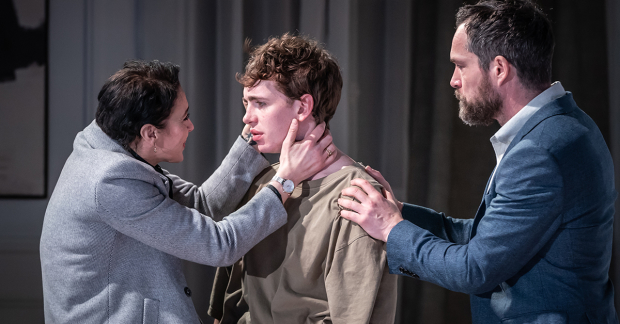
© Marc Brenner
The last thing any audience member wants is to feel as though they are being wrapped in cotton wool but this is not a question of trigger warnings, rather about being able to watch something distressing and react in a positive and constructive way. Creating conversation is vital to destigmatise mental health but perhaps theatre could have a greater responsibility to leave more affirmative legacies with plays. Irrespective of The Son's merits, what would the audience take away from the production? The fact the play's creative process included adolescent mental health professionals and family mediators is admirable – it may be harder to tell where that expertise seeps into the auditorium.

© Marc Brenner
Dust, a play centred on youth suicide which ran at Soho Theatre and Trafalgar Studios last year, showed that theatre is capable of more than just lip service. By partnering with mental health charity Samaritans, the production was able to raise awareness and impart practical advice for those suffering. On a different tangent, the work that the team behind The Jungle has done in recent years to advocate migrant rights should be an example to the entire theatre community of how to portray pressing social problems during a production and solutions afterwards.
Consider this then a call-to-arms for future productions to be equally bold and pick up the baton.



